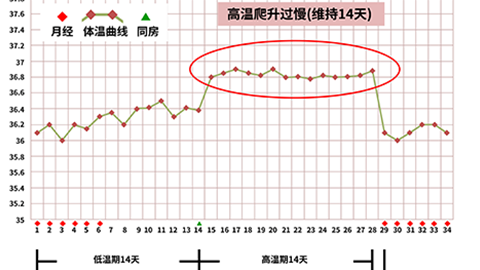What are the days of the ovulation period?
Generally, the determination of the ovulation period depends on a woman's menstrual cycle, which varies under different cycle conditions. For those planning pregnancy or contraception, it is recommended to use multiple methods for comprehensive assessment. Detailed analysis is as follows:

The ovulation period does not refer to a single day but rather a timeframe including the ovulation day and several days before and after. If the menstrual cycle is regular, ovulation usually occurs 14 days before the next menstrual period begins. The ovulation period typically spans around 10 days, including the 5 days before and the 4 days after the ovulation day. This is because the released egg can survive in the fallopian tubes for 1-2 days, while sperm can remain viable in the female body for 2-3 days, making the likelihood of fertilization higher during this period. If the menstrual cycle is irregular, the ovulation period may vary accordingly. In such cases, changes in cervical mucus or fluctuations in basal body temperature can help identify ovulation. Due to unstable hormone levels, the fertile window around ovulation may also shift accordingly.
During the ovulation period, it is important to clean the external genitalia daily with warm water, keep the area dry, and prevent bacterial growth. For those planning pregnancy, having intercourse every other day during the ovulation period can increase the chances of conception. For those not seeking pregnancy, consistent contraception is necessary throughout the entire fertile window, as avoiding only the ovulation day may overlook other fertile days before and after. If persistent abdominal pain, increased bleeding, or abnormal discharge occurs during the ovulation period, prompt medical attention should be sought to rule out inflammation or other gynecological issues.




